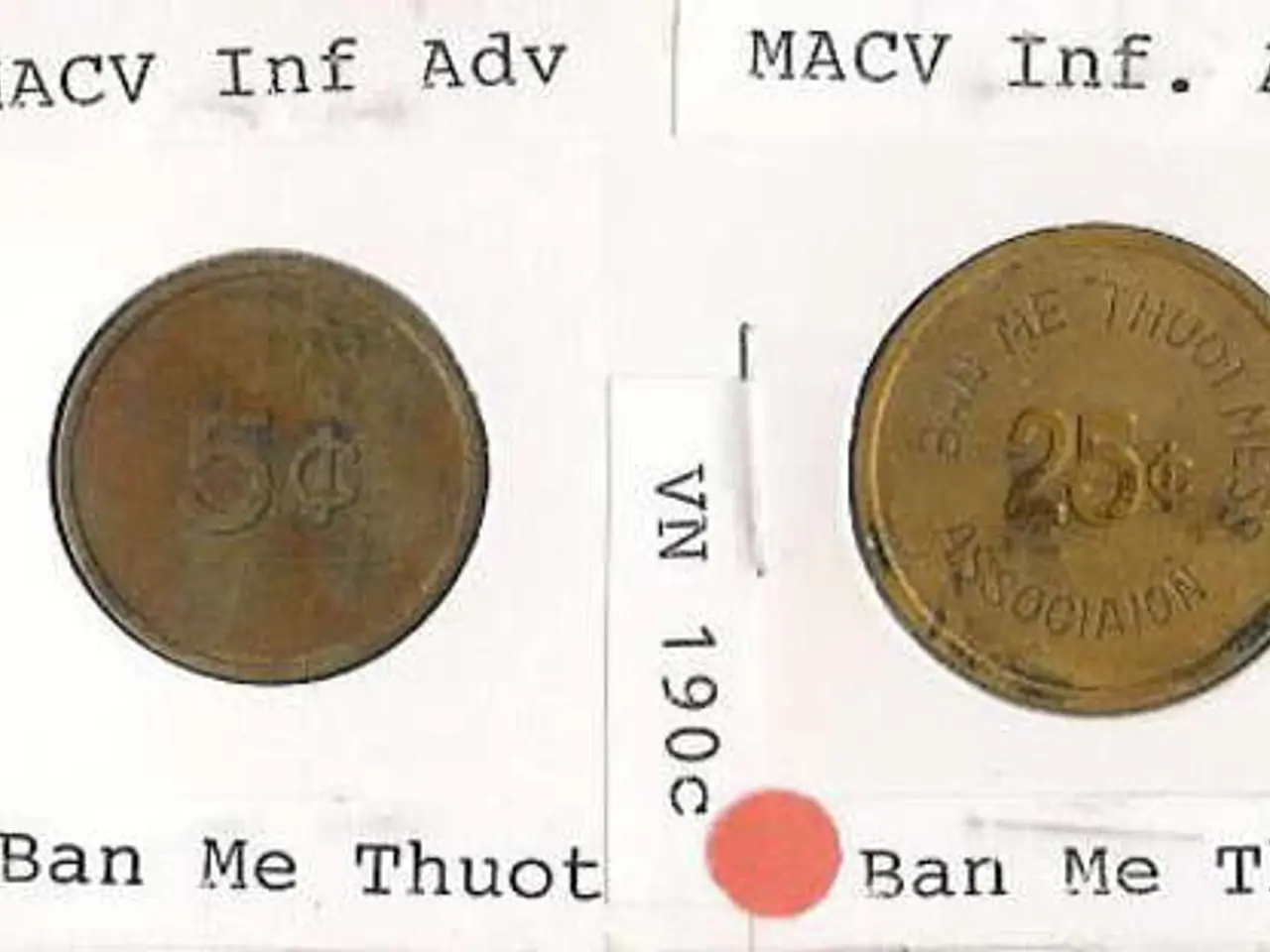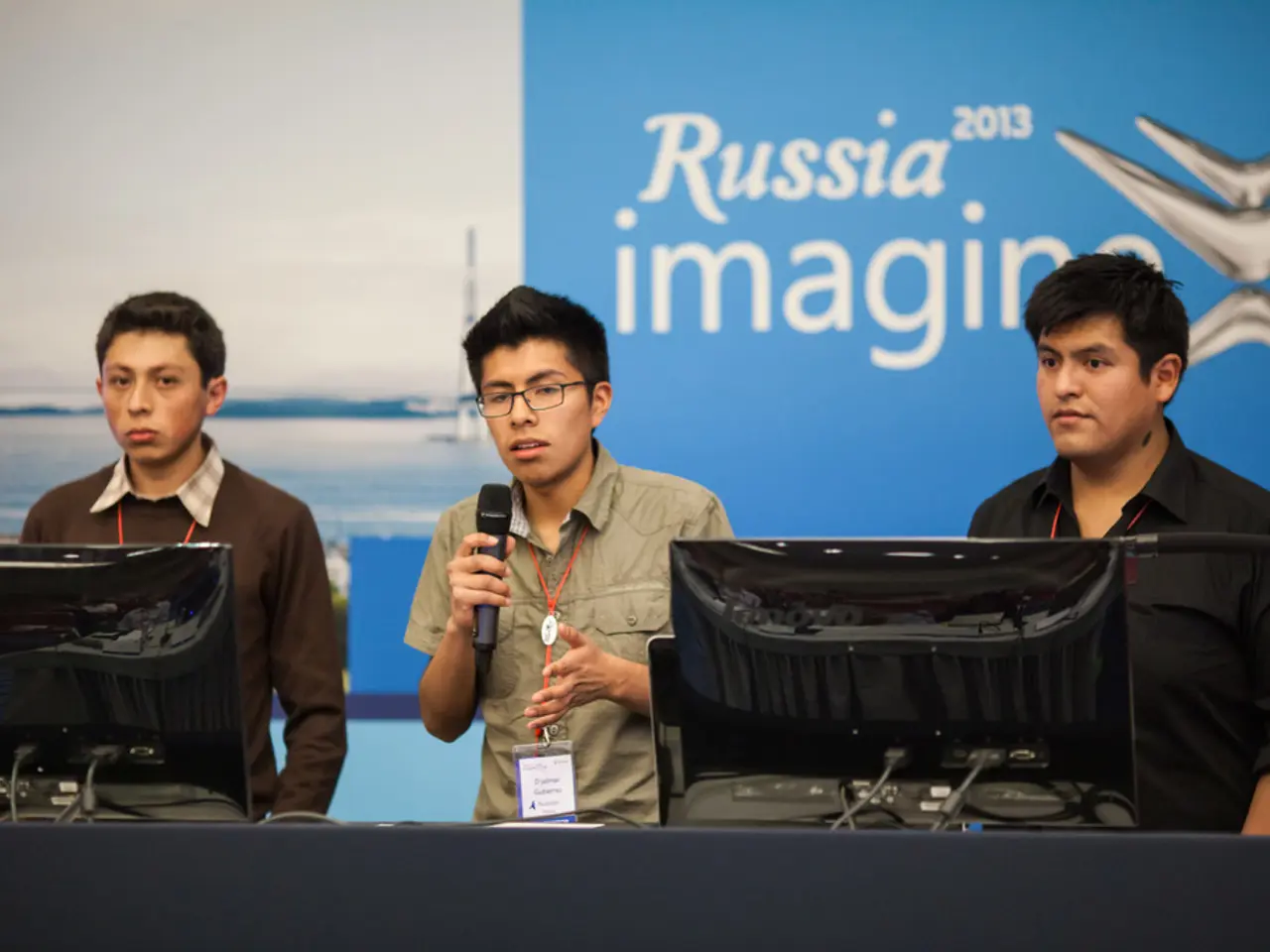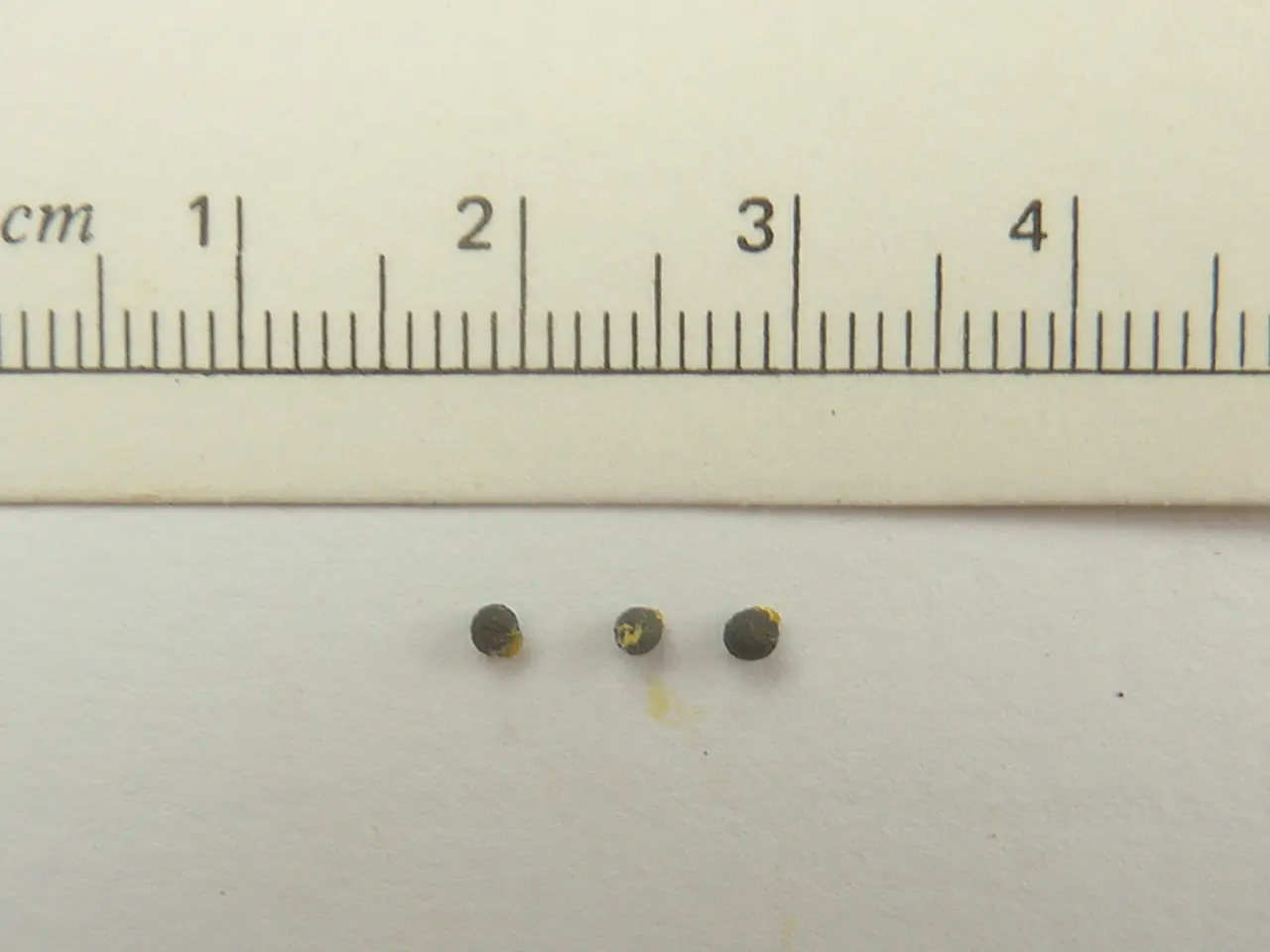Startup Secures $6 Million Seed Investment Led by Variant, Focusing on Quantum-Resistant Bitcoin Defense
In an era where digital assets are becoming increasingly significant, Project Eleven is taking a proactive approach to secure the $3 trillion digital asset industry, starting with Bitcoin. The company, which has raised $6 million in a seed round co-led by Variant and Quantonation, aims to future-proof existing protocols and build the foundations for what comes next in the quantum era.
The looming threat of quantum computing has been a concern for many in the digital asset industry. According to Project Eleven, a Cryptographically Relevant Quantum Computer (CRQC) will break the foundational security assumptions of Bitcoin and nearly every digital asset. Quantum computing, if successful, will render today's cryptography obsolete, making every bit of data and information uploaded online vulnerable.
Project Eleven is addressing this issue by integrating Post-Quantum Cryptography (PQC) into existing blockchain protocols. This involves deploying PQC mechanisms to create a security firewall for Bitcoin and other blockchain protocols. The project focuses on protecting the approximately $648 billion in Bitcoin assets at risk due to the potential for quantum computers to break elliptic curve cryptography (ECC), which secures private keys.
One of the tools Project Eleven is developing is the Yellowpages tool. This tool allows users to generate quantum-resistant key pairs and link them to their existing Bitcoin addresses, providing a post-quantum proof of ownership without requiring asset migration or protocol changes. The tool creates a publicly verifiable registry where proofs of ownership are securely time-stamped, ensuring that users can prove their asset ownership in a post-quantum environment.
Project Eleven is also raising awareness of the looming threat and encouraging innovation by launching the Q-Day Prize. This challenge offers 1 BTC to the first team that can break Bitcoin's ECC using a quantum computer, highlighting the urgency of developing quantum-resistant solutions.
While Project Eleven has not indicated whether it has any plans to develop its own quantum computing technology, the company believes that the arrival of a CRQC could come sooner than most expect due to the rapid progress made by companies like IBM and Google in quantum computing. The company's ultimate goal is to secure today's digital infrastructure and design new products and protocols for what comes next in the quantum era.
Castle Island Ventures, Nebular, and Formation also participated in the seed round, joining Variant and Quantonation in supporting Project Eleven's mission to safeguard the digital asset industry against potential quantum attacks and establish a gateway toward a quantum-native financial infrastructure. With this funding, Project Eleven is well-positioned to lead the way in preparing for the quantum era and ensuring the continued security of digital assets.
In the race to secure the digital asset industry, Project Eleven is using Post-Quantum Cryptography (PQC) to fortify existing blockchain protocols, including Bitcoin, against potential threats from quantum computing. Their aim is to safeguard the approximately $648 billion in Bitcoin assets at risk due to the potential for quantum computers to break elliptic curve cryptography (ECC).
In the future, Project Eleven may offer the Yellowpages tool, which allows users to generate quantum-resistant key pairs and securely time-stamp proofs of ownership in a post-quantum environment. The company is also establishing the Q-Day Prize, a challenge offering 1 BTC to the first team that can break Bitcoin's ECC using a quantum computer, highlighting the urgency of developing quantum-resistant solutions.




